FaceApp looks pretty harmless. However, when you realise that you are uploading your photos for an AI to work on, things start to look bleak.


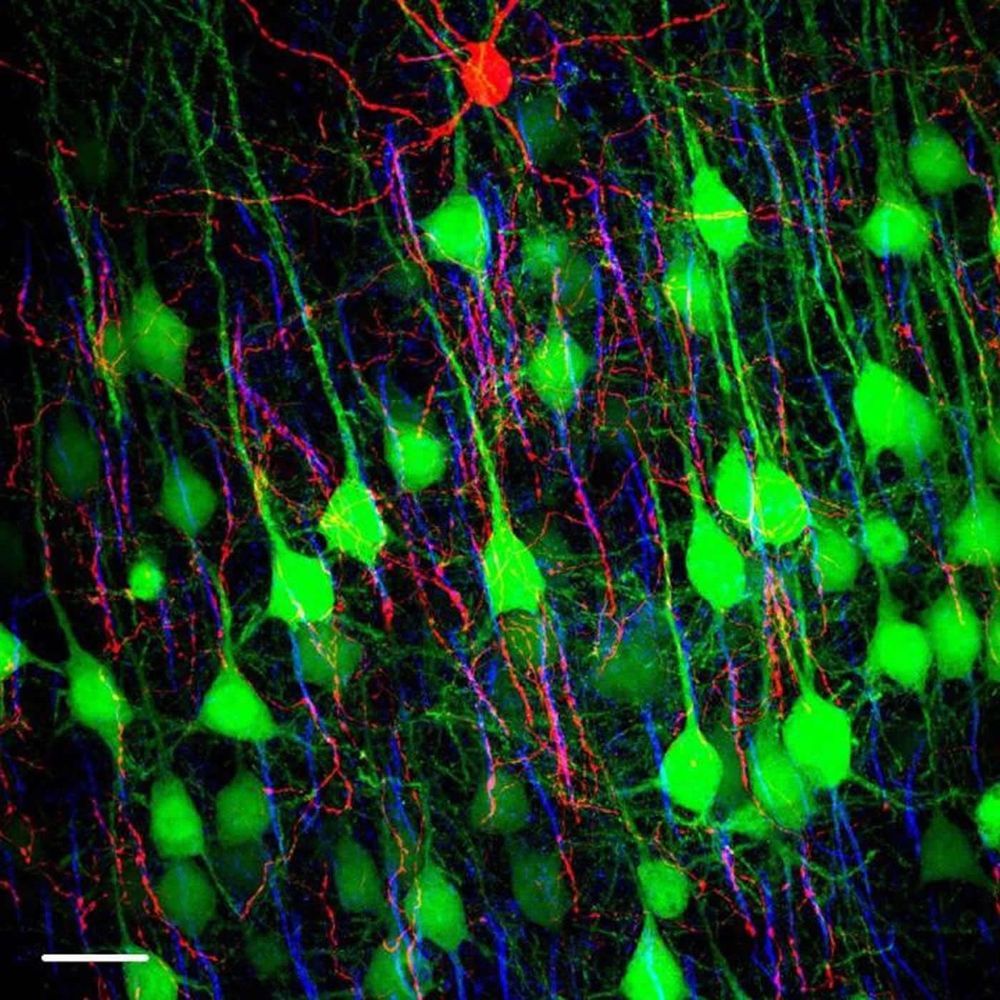
Summary: Chandelier cells have an unusual direct method of communication. Unlike other neurons, chandelier cells connect directly to the part of a target neuron that initiates a spike.
Source: CSHL
Within the intricate network of cells that make up the brain, chandelier cells stand out for their elaborate, branching structure. With an elegant shape similar to that of its namesake, a single chandelier cell reaches out to connect and communicate with more than 100 other neurons. Abnormalities in chandelier cells have been linked to epilepsy, autism, and schizophrenia, underscoring their critical role in keeping brain signaling in balance. However, these cells have been notoriously difficult to study as their numbers are few, so until recently, chandelier cells remained largely enigmatic.

Ion-based technology may enable energy-efficient simulations of the brain’s learning process, for neural network AI systems.
Teams around the world are building ever more sophisticated artificial intelligence systems of a type called neural networks, designed in some ways to mimic the wiring of the brain, for carrying out tasks such as computer vision and natural language processing.
Using state-of-the-art semiconductor circuits to simulate neural networks requires large amounts of memory and high power consumption. Now, an MIT team has made strides toward an alternative system, which uses physical, analog devices that can much more efficiently mimic brain processes.
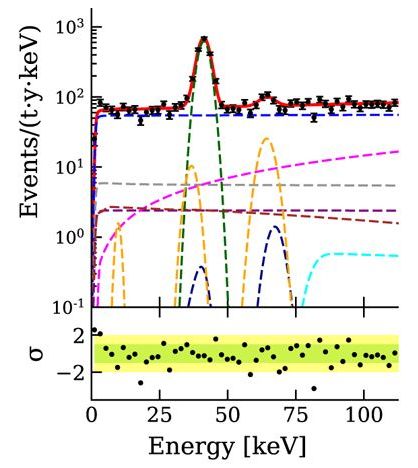
Physicists at the XENON dark matter research facility report an ‘excess’ of 53 events, which may hint at the existence of hypothetical solar axion particles. Other possibilities for the anomalous detection include a surprisingly large magnetic moment for neutrinos, and tritium contamination in the detector.
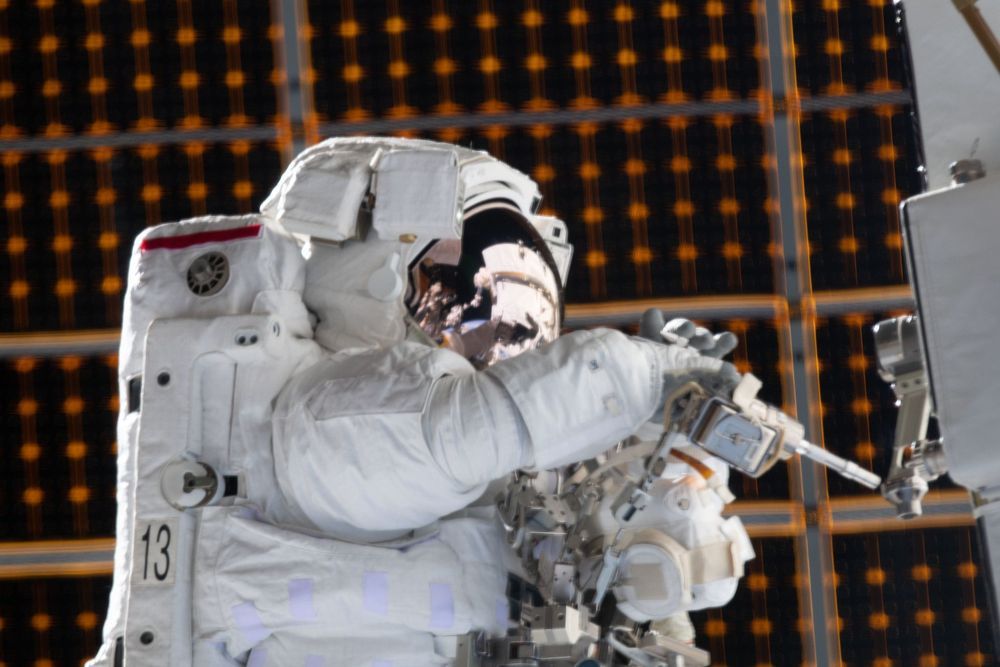
Chris Cassidy and Robert Behnken are scheduled to go outside the International Space Station (ISS) Friday, June 26, and Wednesday, July 1, for spacewalks to begin the replacement of batteries for one of the power channels on the orbiting laboratory.
NASA Television and the agency’s website will broadcast the spacewalks live, along with a news briefing to discuss them.
The briefing will take place at 2 p.m. EDT Wednesday, June 24, at the agency’s Johnson Space Center in Houston. Coverage of the spacewalks will begin at 6 a.m. on the day of each spacewalk. The spacewalks will begin at around 7:35 a.m., and will last as long as seven hours.
#nugencis #nugenicsresearch #humanlongevity #agereversal #blissatomic
Dr. Harold has been a pioneer in the field of cancer research, in the development of modern aspects of gene hunting and sequencing. He carries expertise in bioinformatics, chronobiology, and biotechnology and is currently working in the capacity of Chief Technical Officer at Nugenics Research Pvt Ltd. exploring in anti-aging modalities.
They recently released a paper online on #biorxiv regarding their breakthrough research on Human Age Reversal using Young Blood #plasma, the paper’s authors include recognized Longevity academician Steve Horvath.
The paper also caught the attention of #davidsinclair the leading researcher/voice in the field of Human Longevity.
Dr Katcher spoke about how & why he moved from cancer research to Human Longevity, his research & results of 54% age reversal in Rats, his partner #akshaysanghavi, the future road map/timelines on how & when this might be commercially available.
https://www.linkedin.com/in/harold-katcher-340aa78
https://www.biorxiv.org/content/10.1101/2020.05.07.082917v1
https://blissatomic.blogspot.com/
Timelines
0:25- Introduction
1:14- Approach to Reverse Aging
5:49 –Aging a Progression
8:09 — Age Reversal Experiment Results
9:59 — What is the DNA Methylation Clock
13:12 –Young Blood plasma
14:23 — Chronological Limit on Reverse Aging
17:20 — Side Effects if any on the Rats
18:07 — Nugencis Research & Biz Partner Akshay Sanghavi
20:06 — Response from Peers
22:50 — Reason to Move From pioneering Cancer Research to Aging
29:00 –Rats to Dogs & the then Human testing
30:00 — Immortal Jellyfish
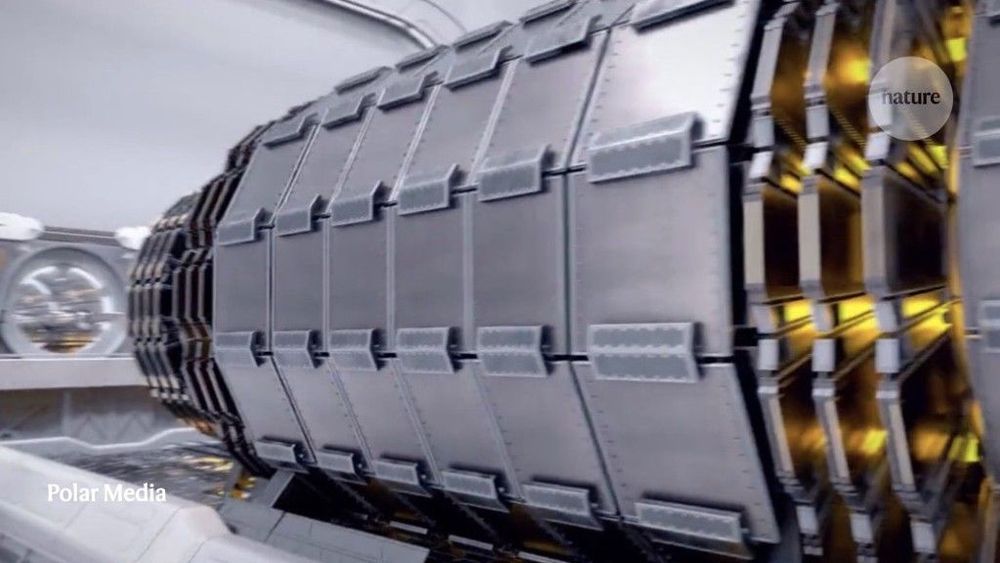
The approval is not yet a final go-ahead. But it means CERN can now put substantial effort into designing a collider and researching its feasibility, while pushing to the backburner research and development efforts for alternative designs for LHC follow-ups, such as a linear eletron-positron collider or one that would accelerate muons. “I think it’s a historic day for CERN and particle physics, in Europe and beyond,” CERN director-general Fabiola Gianotti told the council after the vote.
European particle-physics lab will pursue a 100-kilometre machine to uncover the Higgs boson’s secrets — but it doesn’t yet have the funds.

The rule of awkward silence is simple: When faced with a challenging question, instead of answering, you pause and think deeply about how you want to answer.
But make no mistake, this is no short pause. You might go five, 10, or even 15 seconds before offering a response. Which, if you’re not used to doing it, will feel very awkward—at first.
Garrett Reisman, an engineer and former astronaut who left NASA to join SpaceX, described how Musk uses this technique in a recent interview.

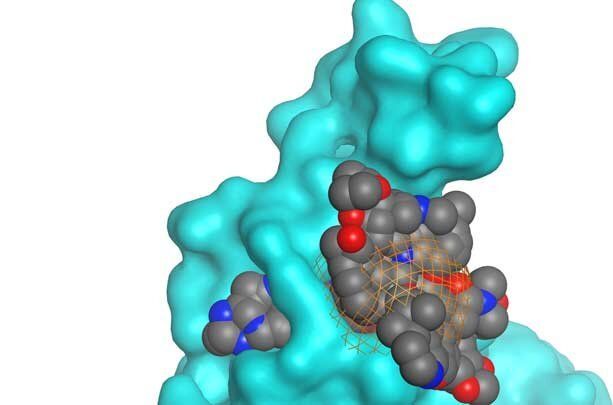
The Baudry Lab at The University of Alabama in Huntsville (UAH) has identified 125 naturally occurring compounds that have a computational potential for efficacy against the COVID-19 virus from the first batch of 50,000 rapidly assessed by a supercomputer.
It’s the first time a supercomputer has been used to assess the treatment efficacy of naturally occurring compounds against the proteins made by COVID-19. Located in UAH’s Shelby Center for Science and Technology, the lab is searching for potential precursors to drugs that will help combat the global pandemic using the Hewlett Packard Enterprise (HPE) Cray Sentinel supercomputer.
The UAH team is led by molecular biophysicist Dr. Jerome Baudry (pronounced Bō-dre), the Mrs. Pei-Ling Chan Chair in the Department of Biological Sciences. Dr. Baudry is video blogging about his COVID-19 research journey using HPE’s Cray Sentinel system. His research is in collaboration with the National Center for Natural Products Research at the University of Mississippi School of Pharmacy and HPE.